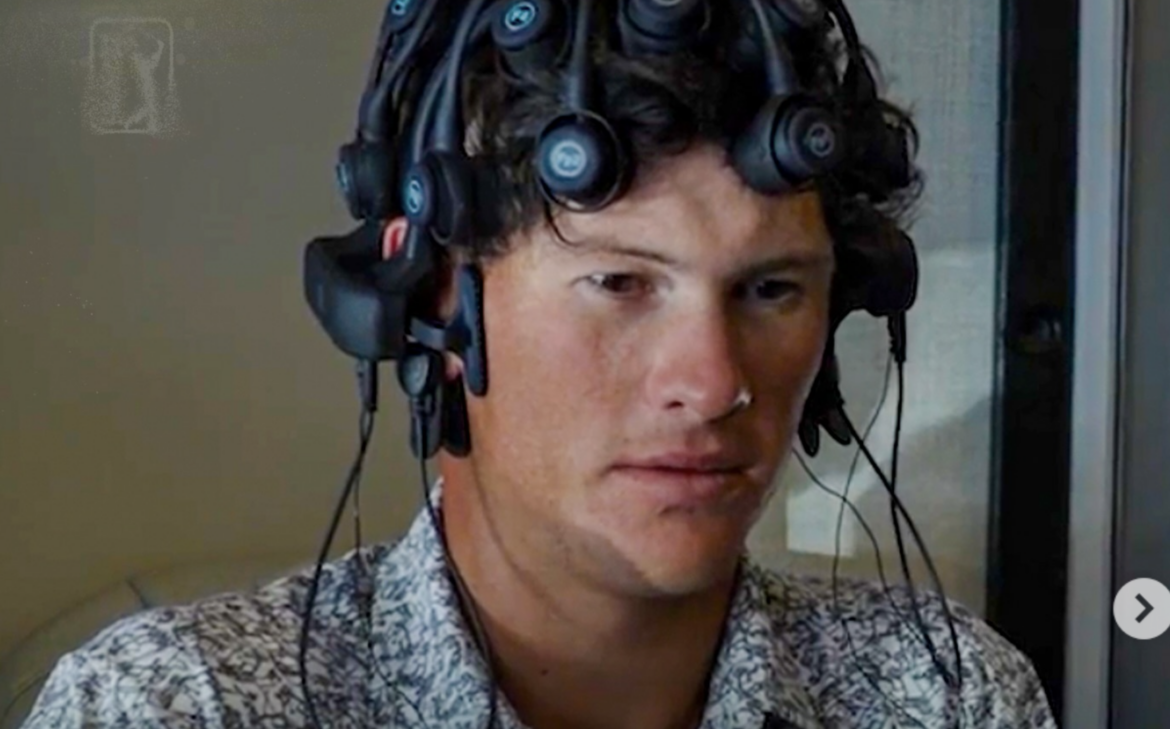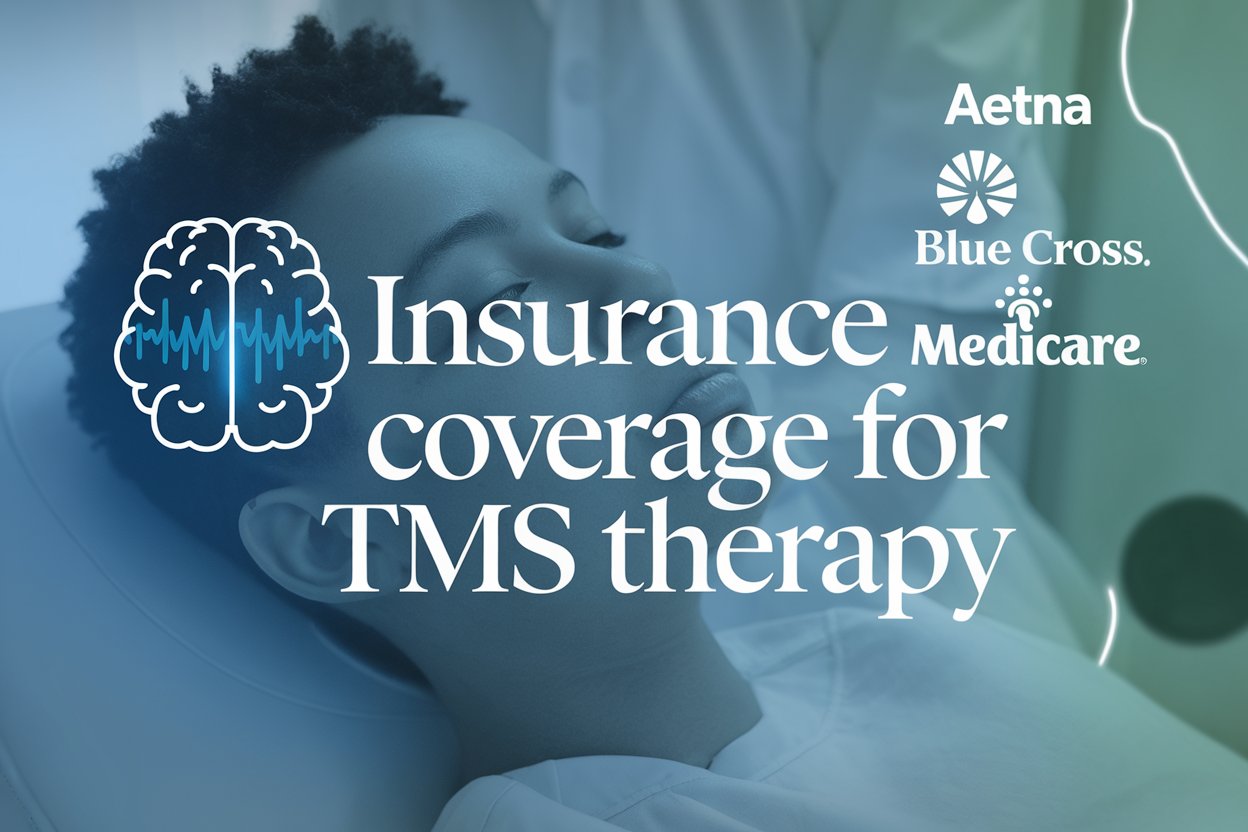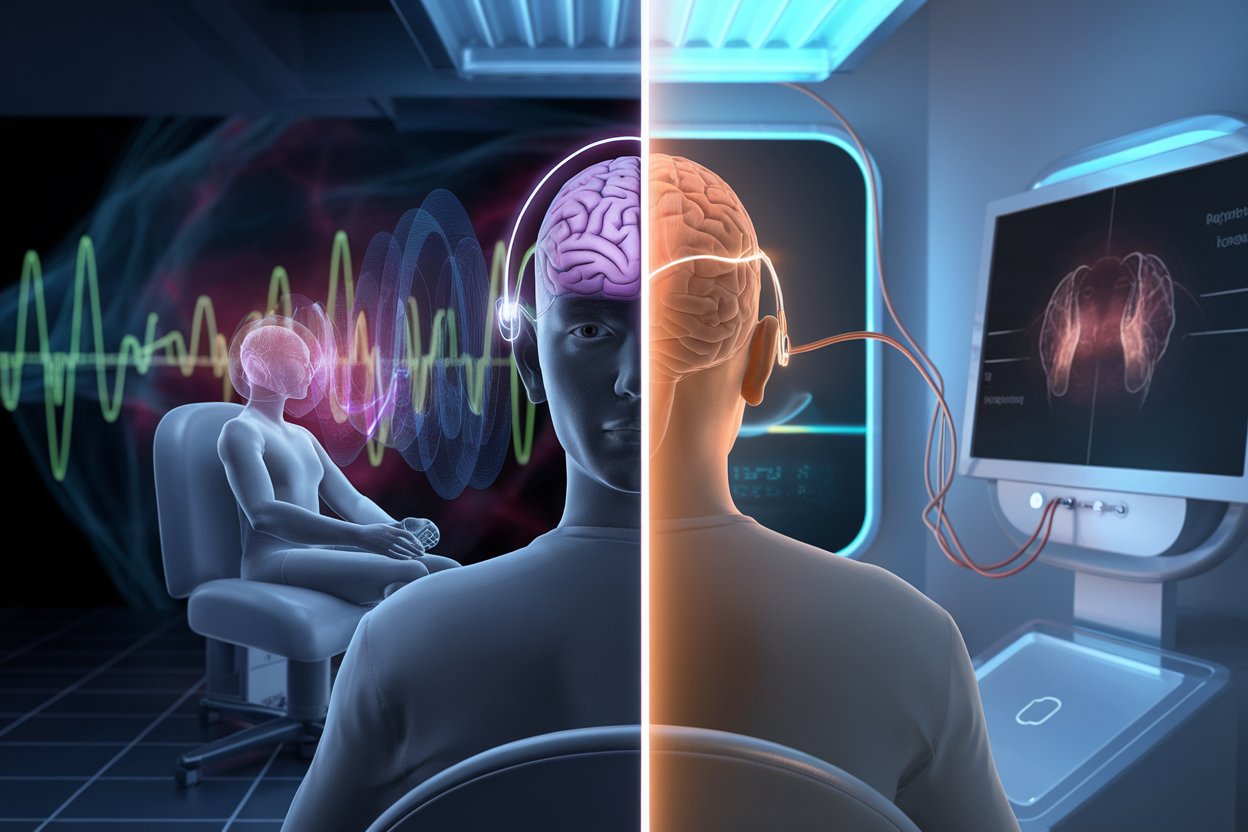Athletes are always on the lookout for new ways to improve. From training routines to recovery techniques, finding even a small edge can make a big difference. Now, a new treatment is gaining attention in Phoenix—Transcranial Magnetic Stimulation (TMS) therapy. TMS is FDA-approved for treating depression, but new studies are exploring how it may help athletes improve their motor skills and cognitive functions. This blog will explore how TMS therapy using brain scan technology, a personalized version of TMS, could offer athletes a way to get better.
What Is TMS and How Can It Help Athletes?
TMS is a non-invasive procedure that uses magnetic fields to stimulate nerve cells in the brain. While it’s primarily used to treat mental health conditions, doctors are now exploring its potential in sports medicine. By targeting the motor cortex, the part of the brain responsible for movement, TMS may help improve motor control, reaction times, and recovery from injuries.
TMS Therapy Using Brain Scan Technology is a more advanced version of TMS that customizes treatment based on the brain’s unique needs. This could mean even better results for athletes looking to fine-tune their motor skills and cognitive performance.
Exploring New Frontiers in Sports Performance
Christo Lamprecht, a professional golfer on the PGA Tour, recently shared his experience with TMS therapy on Instagram. He’s part of a growing group of athletes seeking any way to get even one percent better. Working with Dr. Kevin Murphy, a leader in TMS research, Lamprecht has been using this innovative therapy to sharpen his skills on the course. Athletes like Lamprecht are exploring brain stimulation techniques to improve both their physical and mental game.
Dr. Murphy’s approach, including Brain Scan TMS, is based on personalizing brain stimulation treatments to the specific needs of each athlete. By optimizing the brain’s natural ability to form new connections (called neuroplasticity), TMS could help athletes not only recover from injuries but also improve motor control and cognitive functions like focus and decision-making.
How TMS Therapy Works in Sports
TMS stimulates brain regions that control movement and coordination. In sports, improving motor control can help athletes be more precise with their movements, reduce injury risks, and improve overall performance. By increasing neuroplasticity, TMS may also help athletes recover faster after injuries, improving the body’s natural healing processes.
Here are some key areas where TMS can be helpful for athletes:
- Improving Motor Skills: By stimulating the brain’s motor cortex, TMS can improve control over movements, helping athletes become more precise and accurate.
- Enhancing Cognitive Function: TMS is being studied for its ability to improve focus, decision-making, and reaction times, which are critical in sports.
- Speeding Up Recovery: For athletes recovering from concussions or other injuries, TMS may help reduce recovery time by enhancing the brain’s healing capabilities.
- Personalized Treatment: With Brain Scan TMS, each athlete receives a treatment plan customized to their brain’s needs, making it more effective for improving specific motor and cognitive functions.
FDA Compliance and Safety
It’s important to note that TMS is FDA-approved for the treatment of major depressive disorder. Its use in sports medicine, such as motor skill improvement or cognitive enhancement, is still being studied and is considered off-label. This means that while early results are promising, more research is needed to fully understand the benefits of TMS for athletes. However, because it’s non-invasive and well-tolerated, TMS offers a safe option for athletes looking to explore new types of performance enhancement.
Frequently Asked Questions
1. Can TMS therapy help me improve my reaction time?
TMS has been studied for its ability to enhance brain functions like reaction time, making it a potential option for athletes who need to respond quickly during games.
2. Is TMS therapy safe for athletes?
Yes, TMS is a non-invasive, FDA-approved treatment. It has been shown to be safe and well-tolerated, though it’s important to consult with a trained provider for any off-label use.
3. How does Brain Scan TMS differ from regular TMS?
Brain Scan TMS is a more personalized approach to TMS. It uses data from an EEG to tailor the treatment to your specific brain patterns, potentially leading to better results for motor control and cognitive improvement.
4. Can TMS help with sports injury recovery?
TMS is being been explored as a tool to speed up recovery from injuries like concussions by improving brain plasticity, which may help the brain heal faster.
Ready to Explore TMS for Sports Performance?
If you’re an athlete in Phoenix interested in exploring how TMS Therapy can improve your motor skills, reaction time, or recovery from injury, you may qualify for a free EEG and psychological evaluation. See if this new type of sports medicine in phoenix can help you take your performance to the next level!





